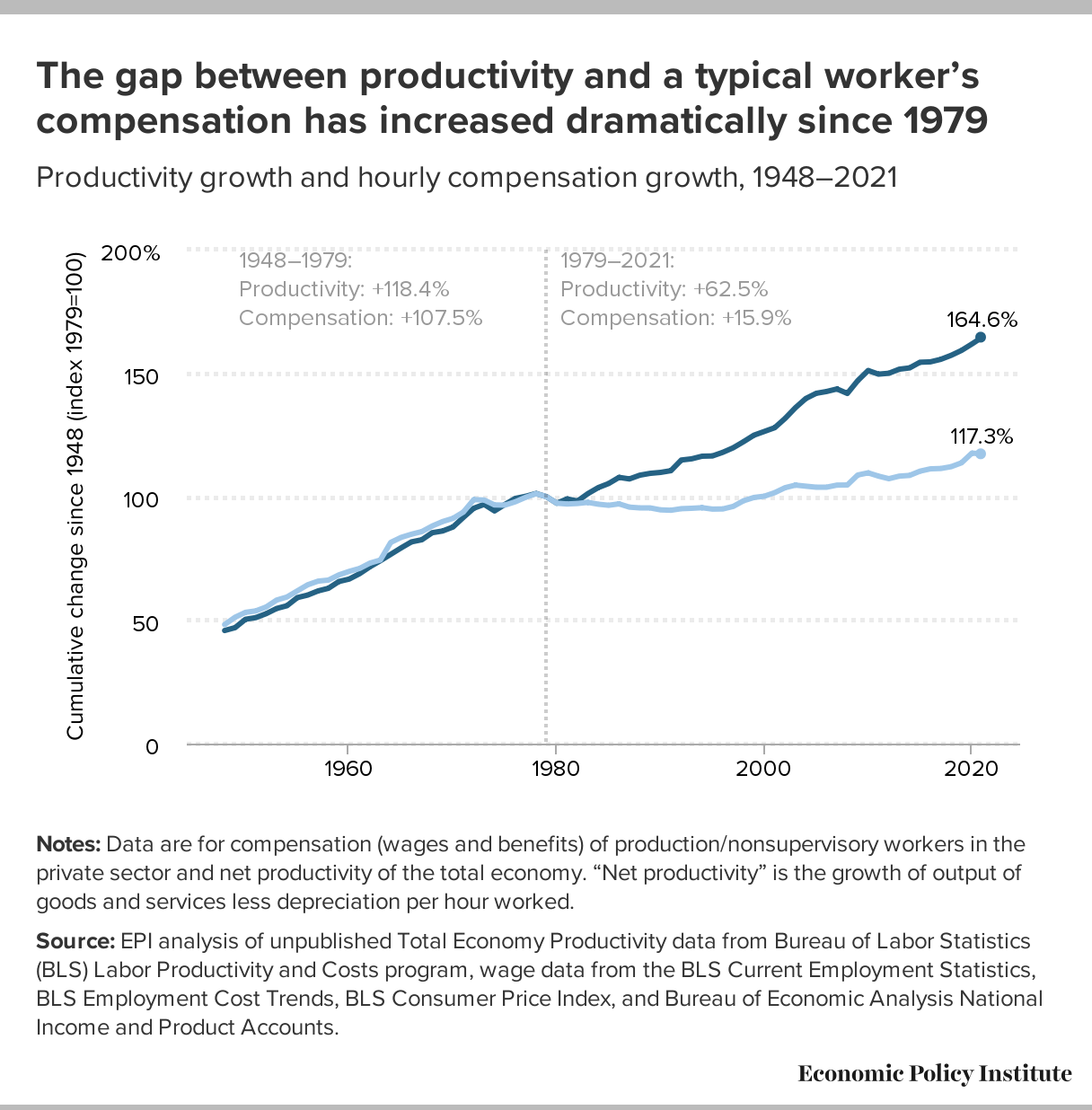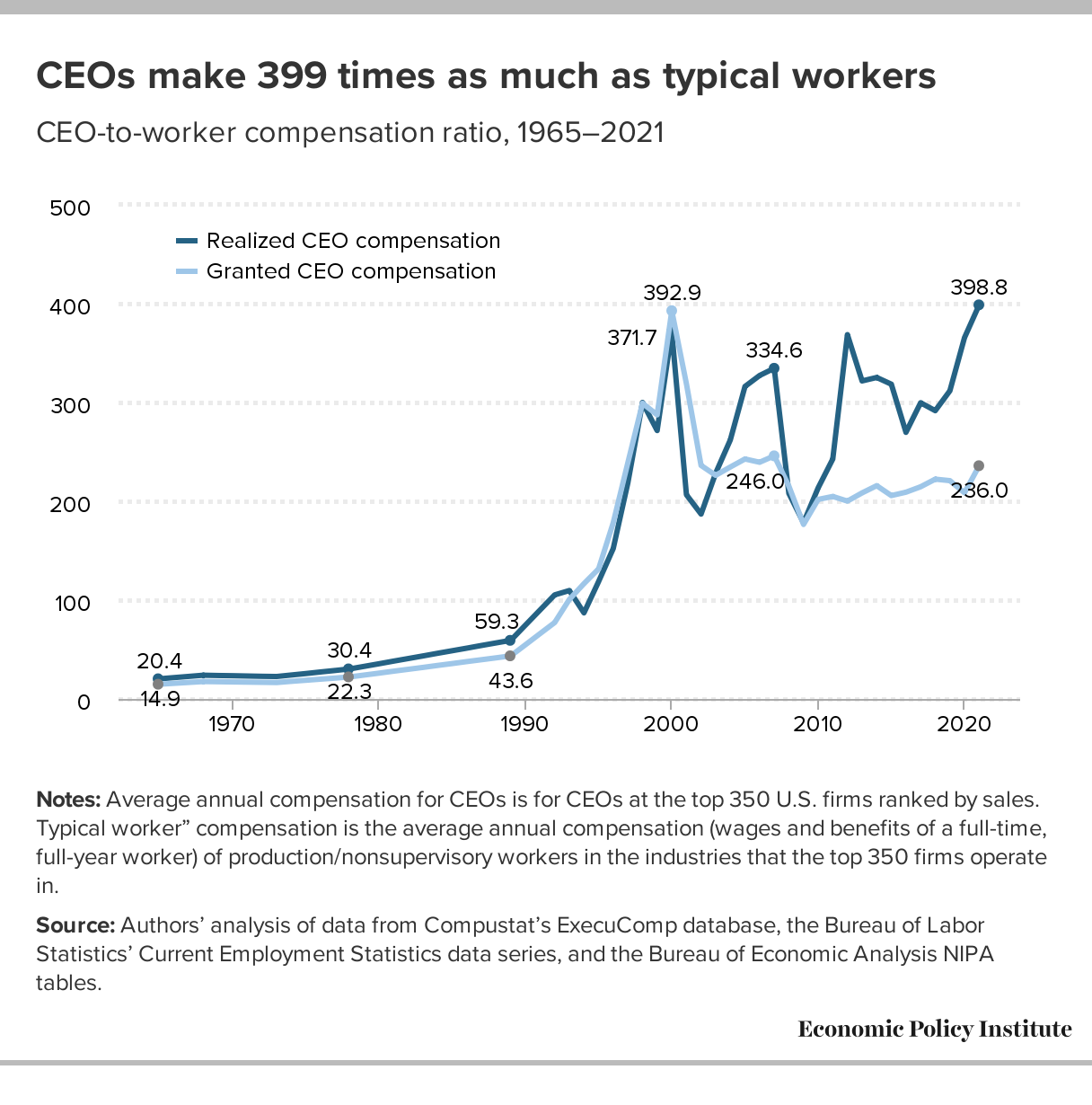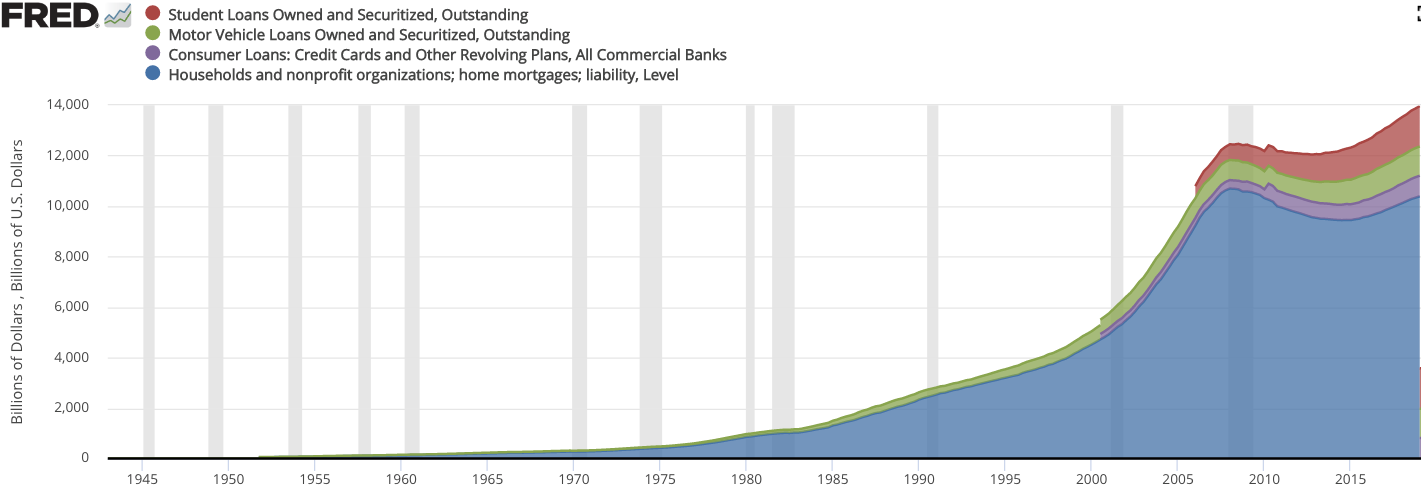Is AI Already Destabilizing The World Economy?
...if economic inequality remains unaddressed, AI's societal impact will be fraught with conflict and difficulty.

Artificial Intelligence (AI) is swiftly advancing, and its impact is poised to revolutionize various industries in ways few innovations have done before. As Bill Gates recently asserted, "The development of AI is as fundamental as the creation of the microprocessor, the personal computer, the Internet, and the mobile phone. It will change the way people work, learn, travel, receive health care, and communicate with one another." Despite the good intentions of many AI developers, concerns about its effects and potential dangers persist, including the possibility that AI may amplify existing societal inequalities, particularly in the realm of employment.
Many individuals fear that AI could automate their jobs, exacerbating the declining living standards and stagnant wage growth in the United States. Since the early 1970s, US wages have stagnated, with workers' wages having no more purchasing power than 40 years ago (accounting for inflation)! While our productive capacity has increased massively, none of the gains have gone to the middle class. This raises crucial questions about AI's influence on productivity growth in the coming years and how this growth will benefit society as a whole.

Society faces two possible paths concerning AI utilization. One option is for corporate leaders to exploit this technology for their own advantage and the benefit of a select few major shareholders (currently, the wealthiest 10% of Americans own 89% of all US household-held stocks, a record high emphasizing the stock market's role in exacerbating wealth inequality). This approach would inevitably displace human workers in pursuit of ever-increasing profits, destabilizing society and leading to social conflict. Alternatively, society could employ AI to enhance operational efficiency and distribute productivity growth gains among workers. In this scenario, employees could maintain the same compensation while working fewer hours, allowing more time for creative endeavors or new roles unsuited for AI

In my view, if economic inequality remains unaddressed, AI's societal impact will be fraught with conflict and difficulty. If only a select few harness AI, the middle class may crumble, leading to class warfare and widening societal divides. Inequality would escalate, concentrating wealth and reducing the number of people able to purchase the goods and services produced by AI-enhanced productivity. This system is self-contradictory; as technology becomes more efficient, economic divides grow, and the economic fabric starts to unravel since too few hands hold the money needed to buy goods. This dynamic has directly contributed to the dramatic increase in total household debt over time, as debt serves as a tool to rectify the system's self-contradictory nature, which prioritizes maximizing profits while minimizing employee payroll expenses. This phenomenon explains the simultaneous explosion of inequality, productivity levels, and household debt levels. The average CEO now earns about 400 times the typical worker's wage; however, since CEOs are unlikely to have built the AI systems themselves and may not fully grasp their inner workings, they cannot justifiably claim all the profits generated by AI.

In conclusion, AI is not introducing a new societal problem in terms of economic consequences but rather intensifying the symptoms of existing issues. Therefore, it is crucial to engage in a thoughtful dialogue about inequality, justice, and how society can reap the benefits of this technology in terms of both productivity and financial gains. Now is the time to contemplate how we can ensure AI's benefits are distributed fairly and equitably to prevent exacerbating existing societal disparities.
In my next post I write about Why Crypto’s Future Depends on Grandma (mishkinfaustini.com)
Also for more on AI check out a recent segment on Last Week Tonight with John Oliver:
Subscribe for more!

